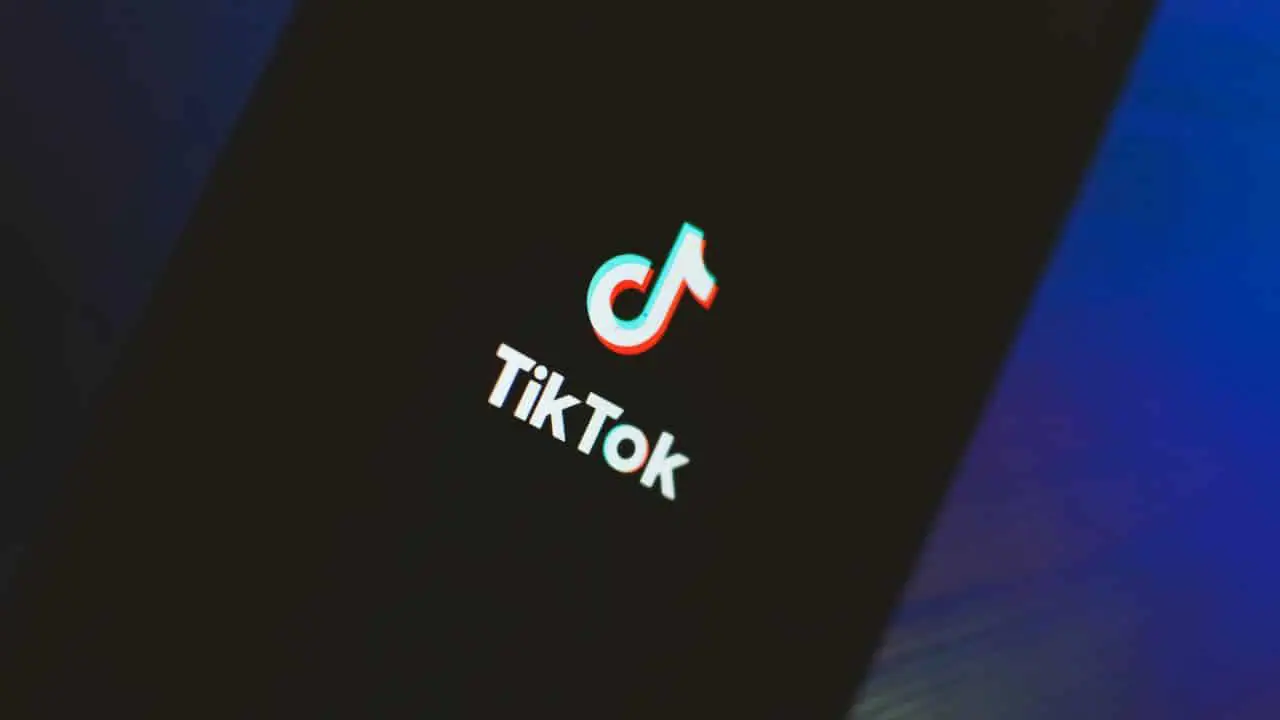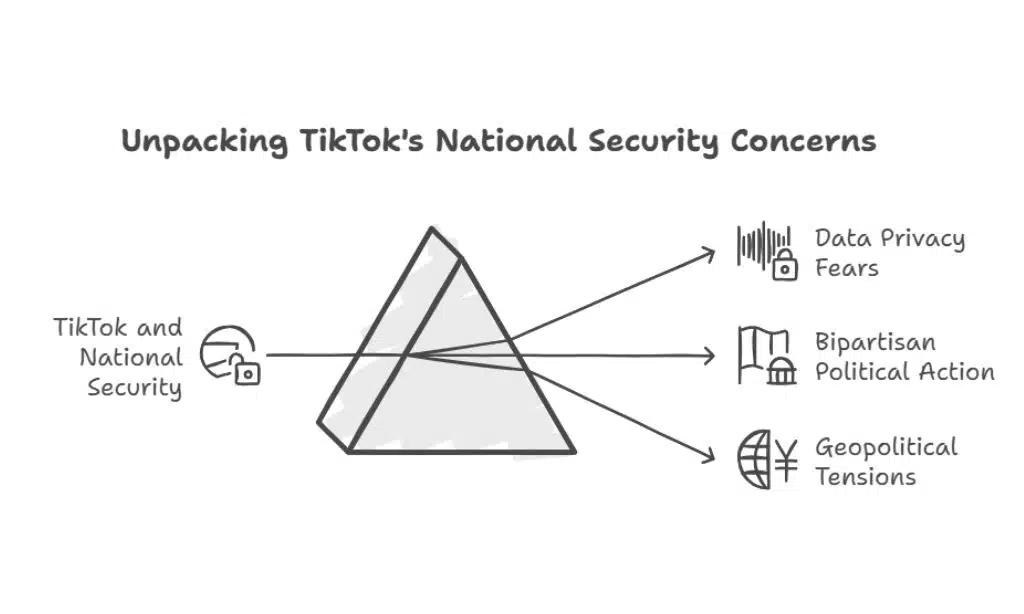In a dramatic escalation of the battle over TikTok’s future in the United States, the popular video-sharing app has announced that it will suspend its services to American users on Sunday, January 19, 2025. This decision comes in the wake of a Supreme Court ruling that could have far-reaching implications for the app’s operations and its American users, which the company says number over 170 million.
TikTok’s Warning: Services Going Dark Without Assurances
On Friday, TikTok issued a stark warning that its platform would “go dark” unless the Biden administration provides a formal statement assuring major service providers—such as Apple, Google, and Oracle—that they won’t face penalties for continuing to host the app. The lack of clarity from the administration, TikTok argued, puts these providers in an untenable position.
“Unless the Biden Administration immediately provides a definitive statement to satisfy the most critical service providers assuring non-enforcement, unfortunately, TikTok will be forced to go dark on January 19,” the company stated.
This would mean that millions of American users, from casual viewers to content creators who depend on the app for their livelihood, will find TikTok inaccessible starting Sunday.
Supreme Court Ruling Demands ByteDance Divestment
The announcement follows a unanimous decision by the Supreme Court earlier on Friday, upholding a federal law that mandates ByteDance, TikTok’s Chinese parent company, to sell off its U.S. operations. The law, aimed at addressing concerns about foreign influence and data security, requires ByteDance to complete a “qualified divestiture” of TikTok by January 19 or face a nationwide ban on the app.
Failure to comply with this law exposes Apple, Google, Oracle, and other technology companies to steep penalties if they continue supporting TikTok within the United States. These companies are key to the app’s functionality and availability, as they provide critical hosting, app distribution, and data management services.
Concerns Over National Security and Data Privacy
The legal and political challenges surrounding TikTok have been primarily driven by concerns that the app could potentially be used by the Chinese government to access U.S. user data, posing a significant threat to national security. These concerns have led to bipartisan support for actions to either regulate or outright ban TikTok, reflecting a broader geopolitical struggle between the U.S. and China over technology and data sovereignty.
Attorney General Merrick Garland and Deputy Attorney General Lisa Monaco released a statement supporting the Supreme Court’s ruling. They stated that it “enables the Justice Department to prevent the Chinese government from weaponizing TikTok to undermine America’s national security.”
Political Shifts Add Uncertainty
Adding to the complexity of the situation, the Biden administration’s term ends on Monday, January 20, when President-elect Donald Trump is scheduled to take office. This timing has created uncertainty over how the incoming administration will handle the issue.
Trump’s position on TikTok has shifted over the years. During his first term, he strongly advocated for a ban on the app, citing national security concerns. However, in December 2024, he appeared to reconsider his stance and asked the Supreme Court to delay the implementation of the divestiture law to allow for a political resolution.
In a recent post on his social media platform, Truth Social, Trump signaled that his decision on TikTok would be forthcoming. “My decision on TikTok will be made in the not-too-distant future, but I must have time to review the situation. Stay tuned!” he wrote.
Biden Administration’s Final Statement
The outgoing Biden administration, while expressing support for keeping TikTok operational, emphasized that it should operate under American ownership. “Given the sheer fact of timing, this Administration recognizes that actions to implement the law simply must fall to the next Administration, which takes office on Monday,” the White House said in a statement on Friday.
The administration also reiterated its belief that TikTok could remain a valuable platform for Americans if it were owned and operated entirely within the United States.
What a Shutdown Could Mean for Users and Businesses
If TikTok ceases operations on Sunday, the impact will be immediate and significant. The platform has become an essential tool for many creators, marketers, and small businesses who rely on its vast audience to share content, engage with communities, and drive revenue.
Without access to TikTok, many businesses may need to pivot quickly to alternative platforms like Instagram Reels or YouTube Shorts. However, the unique algorithm and audience engagement that TikTok offers may be difficult to replicate elsewhere.
What’s Next for TikTok and Its Users?
The future of TikTok in the U.S. now hangs in the balance as the clock ticks down to January 19. Whether through legal action, political negotiations, or a potential resolution under the incoming Trump administration, the outcome of this high-stakes conflict could set a precedent for how other foreign-owned apps are regulated in the United States.
For now, TikTok’s users and creators are left in limbo, waiting to see if the platform that has become a cultural phenomenon will survive in its current form or undergo drastic changes to remain accessible in the United States.
This ongoing story underscores the intersection of technology, politics, and national security, with TikTok caught at the center of a larger geopolitical power struggle.









































